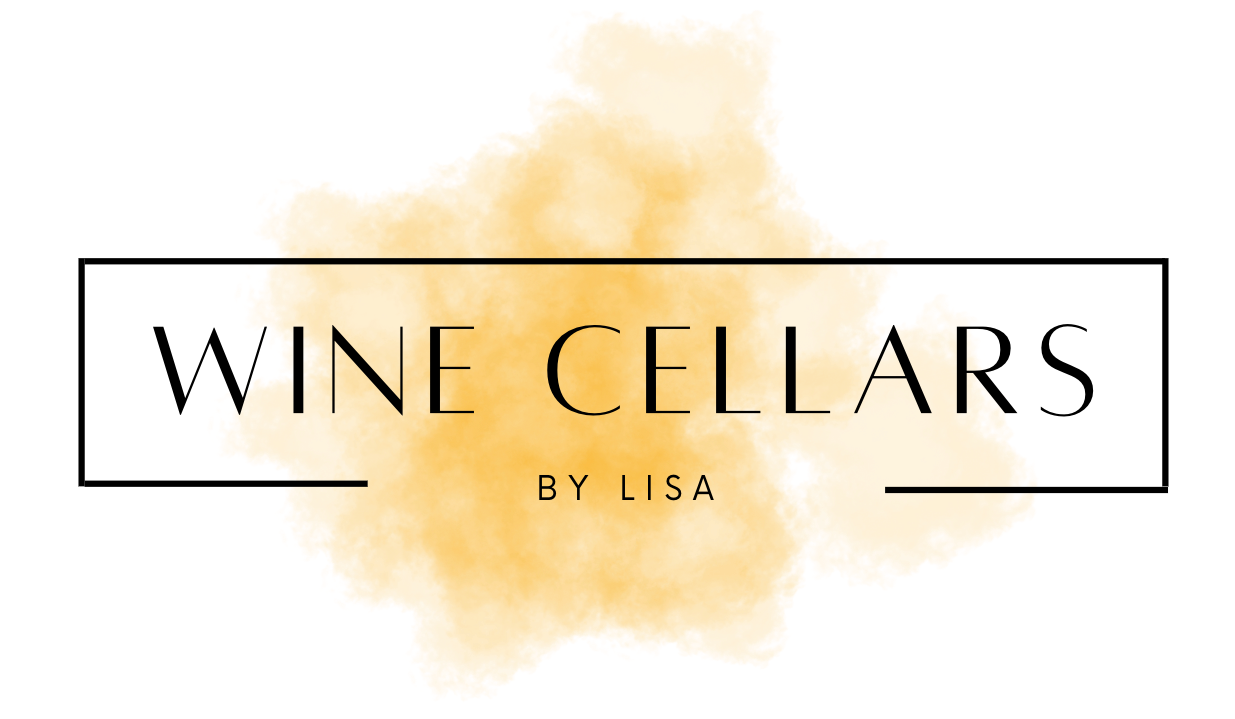Wine Cellar Construction & Room Preparation
What are the first steps to creating a wine cellar and keeping your wine aged and stored for years to come? As a designer and licensed General Contractor, Lisa Weiss at the Wine Cellar Co. knows just how to keep a bottle of Bordeaux preserved in the perfect conditions. Before consulting with her, here are some facts to keep in mind when choosing the proper location for your wine cellar.
The Right Location
The absolute best place for a wine cellar is in a below-ground cellar or basement, preferably a corner with two exterior walls and no windows. Wine cellars above ground are also possible, with special attention to room preparation. Most all wine cellars will require a proper cooling system to maintain the proper conditions. There are three types of cooling systems for a wine cellar: self-contained systems (thru the wall), split systems (evaporator inside the cellar with an indoor/outdoor condenser) and a ducted self-contained. Refrigeration is the central part of your wine cellar so we recommend that you consult a professional about the type of cooling system that best suits your cellar and space.
The Right Atmosphere
First things first: heat is the number one enemy of a good wine. Temperatures above 70° F will age wine faster than recommended. Wine stored at the wrong temperature over time can lead to flat flavors and potentially, an overall ruined bottle. The ideal temperature range for wine is 55 - 58° F, being sure to keep it in an atmosphere where drastic temperature changes will not occur. Refrigerators and colder temperatures are good for wines you are going to drink within a year. Too cold of temperatures can dry out corks and cause leakage. Light can also be a problem for wine; there’s a reason wine is stored in tinted bottles. Direct sunlight can prematurely age wine, so it is best to store them away from direct sunlight. When considering the ambiance of your wine room decoration, this becomes particularly important. Humidity is one of those things that you can find lots of conflicting theories. This can also depend upon your area. For example, the Washington DC area is known for a higher humidity so humidity is not always needed. However this can completely depend upon your collection, amount of bottles stored and desire for resale in the future. For long-term storage, humidity should be between 55-70%. I personally recommend 55 degrees with 55 - 60% humidity. I find 70% very high for a residential wine room.
The Right Room Preparation
Preparing your wine cellar correctly is a crucial step to your wine cellar. Insulation and vapor barrier is a must. Now with an increased interest in glass walls/doors, preparing your cellar is even more important. Imagine buying your refrigerator without the correct insulation in the door? Your wine cellar is your custom Sub Zero, so consulting a professional can make all the difference.
All this and more will be considered when you consult with Lisa Weiss. Contact us today.


